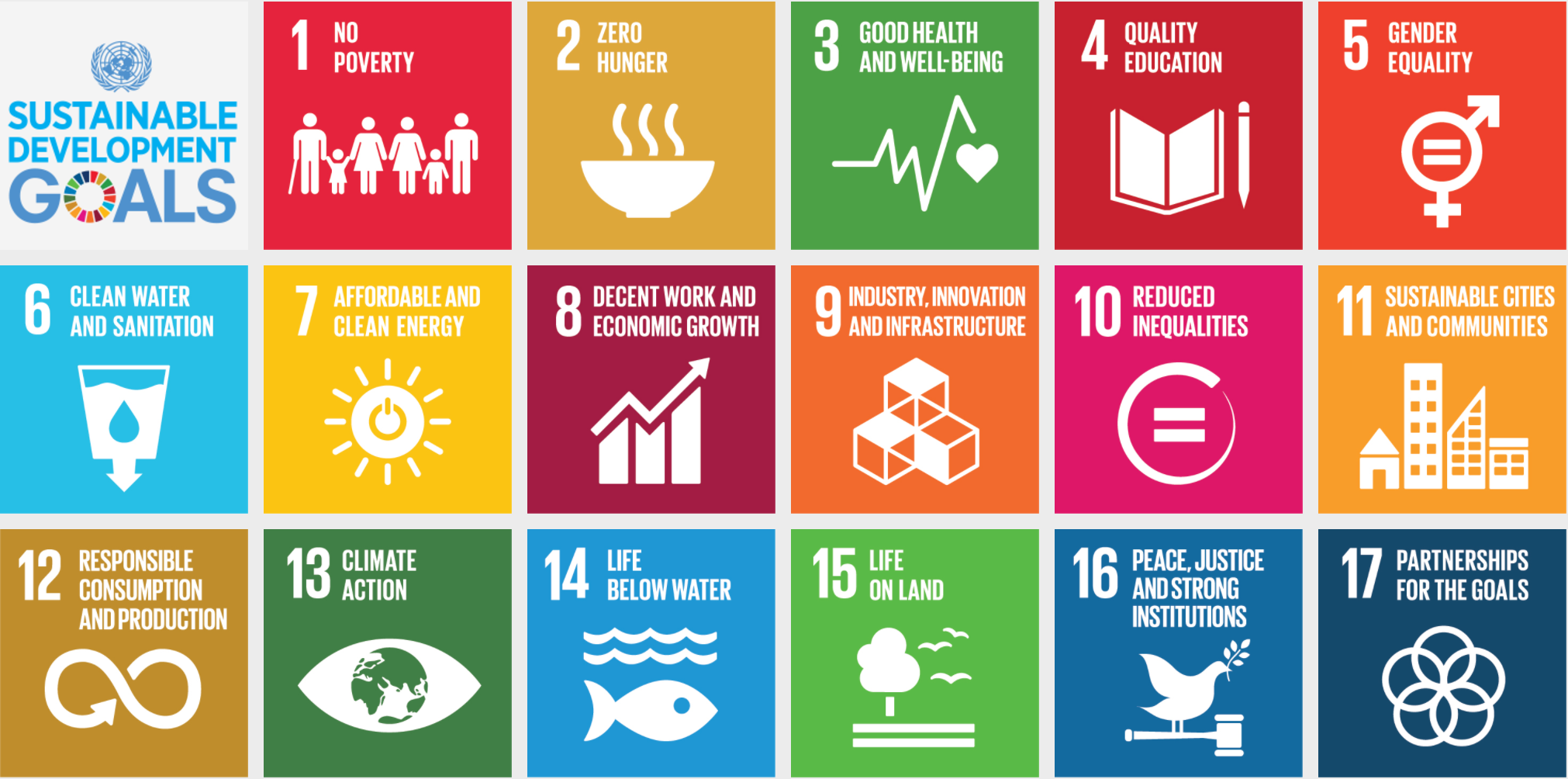Strengthening sustainability through procurement
Public procurement represents a huge opportunity to promote sustainable development and the 2030 development agenda – that was one of the key messages from the 2nd Global Procurement Conference. The University of Rome Tor Vergata’s School of Economics organised the conference last week (4th-5th July 2017) at the Center for American Studies in Rome in partnership with the European Bank for Reconstruction and Development. Issues relating to worldwide public procurement were presented by a variety of speakers - experts from regulatory bodies, policy-makers, economists, lawyers, and public procurers. The conference also provided the opportunity for intense and challenging debate with the audience, and underlined the importance of on-going actions surrounding the what, how, and who of purchasing for the public domain.
Session four of the conference considered the relationship between Sustainable Development Goals and Public Procurement. Presented by Mark Hidson -Deputy Regional Director of ICLEI (Local Government for Sustainability, Europe) and Farid Yaker - Programme Officer in charge of sustainable public procurement at UNEP - United Nations Environment Programme.
Public procurement is generally defined as the process of public authorities, such as government departments or local authorities purchasing goods, services, works, and utilities. These purchases often have unseen consequences affecting human and environmental health, as well as social impacts, it is therefore important that public authorities use procurement as an strategic instrument to reduce these impacts. Public procurement can achieve value for money throughout the whole supply chain: reducing negatives impacts on the environment, whilst generating benefits, not only for the organisation, but also to society and the economy - public procurement systems represent an annual expenditure of over $10 trillion, an equivalent of 15% of global GDP.
During the conference it was highlighted how public procurement presents a huge opportunity to promote sustainable development and the 2030 sustainable development agenda; it features in target 12.7: "Promote public procurement practices that are sustainable, in accordance with national policies and priorities", and the indicator 12.7.1: "Number of countries implementing sustainable public procurement policies and action plans".

Public procurement also plays a role in many other Sustainable Development Goals (SDGs) and targets, including, but not limited to: 3.9, 7.2, 8.5, 8.7, 8.8, as well as many sub-targets of goal 12 (12.2, 12.3, 12.4, and 12.5).
There are multiple barriers to use public procurement to achieve the SDGs: legal and policy frameworks - in spite of what it is said public procurement can be a tool for fraud and corruption, market barriers, budgetary constraints, and a lack of training, research, information, and communication. To overcome these challenges and achieve a successful sustainable public procurement, we require a solid policy foundation, top-level leadership support and excellence in implementation.
Sustainability at the international level has become one of the main pillars of ensuring whole supply chains are greener, more efficient, and socially and economically inclusive. Some regions and local governments, however, still need to align their procurement policies with the 2030 development agenda.
Focusing on the European framework for public procurement, Europe is making slow but progressive efforts to take into account environmental, social, and innovation aspects to boost the economy, and help the transition to a circular economy. Such efforts can be seen in policies for sustainable development, sustainable production and consumption, environmental protection, and for procurement:
- Directive 2014/24/EU on public procurement
- Directive 2014/25/EU on procurement by entities operating in the water, energy, transport and postal services sectors
- Directive 2014/23/EU on the award of concession contracts
To effectively enforce these procurement Directives, EU member states had to transpose them into national laws by 18th April 2016, which has not been fully achieved according to the most recent evaluation by the European Commission.
To become leaders in a movement that goes beyond simply choosing greener products – one that encompasses activities at every step of the procurement cycle, European stakeholders will need to:
- Collaborate and coordinate actions with all stakeholders along the supply chain
- Integrate social and ethical considerations with environmental ones
- Support small business and local suppliers
- Empower specific groups in society
- Share technologies
- Drive the market for innovation
By attending this conference, the healthcare sector worldwide has the power to send a message; pressuring governments and other sectors to tackle key procurement challenges, influence the market, and transform production and consumption along the global supply chain, there are already some groups and initiatives sending this message.
At the UN level, the Sustainable Procurement in the Health Sector initiative (SPHS), in which Health Care Without Harm has participated since 2015, aims to promote sustainable procurement of health commodities and to contribute to greener health systems and inclusive green economies.
At the European level, HCWH Europe is also a member of the Network for Sustainable Development in Public Procurement (NSDPP), which unites social, environmental, and trade union organisations, taking a coherent approach to sustainable public procurement by giving preference to bidders offering environmentally sustainable and socially responsible goods and services. The European Working Group on Ethical Public Procurement (EWGPP) is a network of regional and local authorities, governmental bodies, and NGOs from different European countries working to promote ethical public procurement in European healthcare and share best practices. The group raises awareness of manufacturers’ labour conditions in low-income countries producing medical equipment for European hospitals aiming to make European procurers more ethically responsible.
Healthcare facilities in the developed nations grow closer towards more sustainable purchasing, but environmental and social responsibility are still far from institutionalised. Further effort is required to strengthen sustainable procurement policies and practices and to raise awareness amongst procurers pressuring markets for ethically produced, green products and services.
